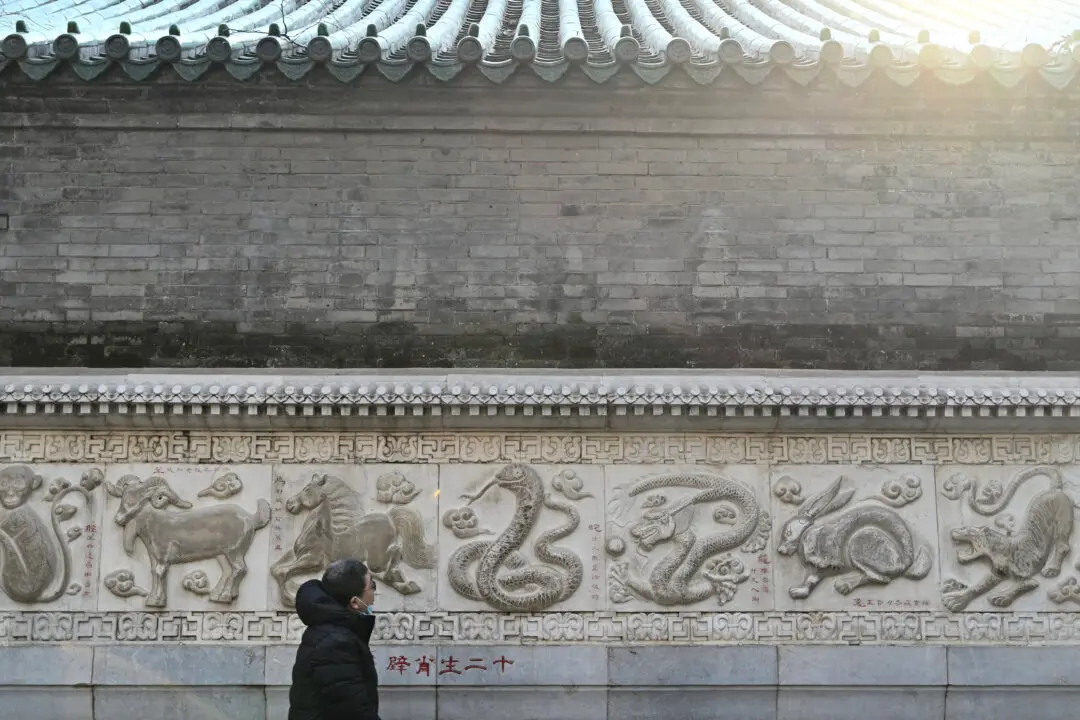Commentary
“The Bullwinkle Show” (originally titled “Rocky and His Friends”) was an early 1960s cartoon show that was a staple for American children in that era. It contained a segment called “Fractured Fairy Tales.” These parodies of traditional and well-known fairy tales conveyed messages to which most children could relate at the time. Other such parodies have been turned into literary stories, movies, or television shows over the years, with the “Shrek” animated feature series being a good example.





